Repeat photography engages the public at LTER sites
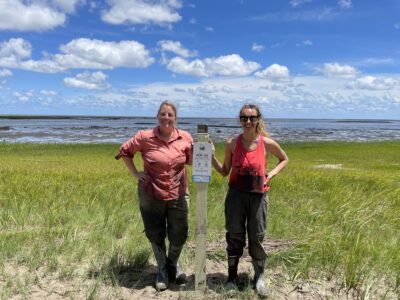
With just a phone camera, anyone can add to a growing dataset tracking environmental change at the Virginia Coast Reserve LTER.

With just a phone camera, anyone can add to a growing dataset tracking environmental change at the Virginia Coast Reserve LTER.
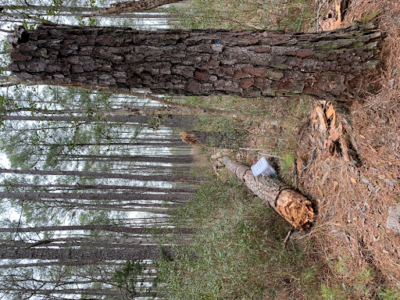
Spend a day in the field with Virginia Coast Reserve researchers as they investigate ghost forests formed by sea level rise.

We are excited to announce our 2021 cohort of LTER grad student science writers. We received a high number of impressive applications, and after much deliberation we are happy to introduce seven students who represent sites from across the network and who bring unique backgrounds, experiences, and talents to the team. Over the next year… Read more »
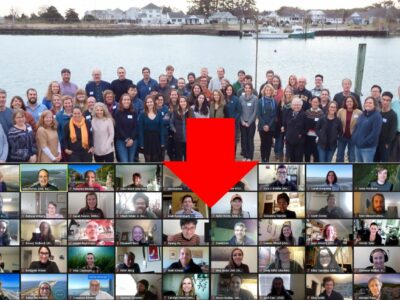
By John Porter, Virginia Coastal Reserve LTER The big decision and assessing virtual meeting needs Each January, the Virginia Coast Reserve LTER holds an “All Scientists’ Meeting” to exchange information about research progress and to plan for upcoming activities over the coming year. Typically, this is an in-person meeting held at the Anheuser-Busch Coastal… Read more »
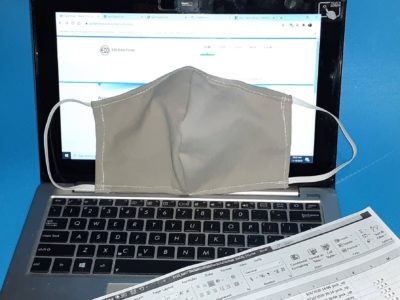
Each year, the LTER Information Management (IM) committee gathers updates from sites across the network related to IM system and personnel changes over the past year, compiling them into a series of ‘Site Bytes’, or site summaries. This November, the first 2020 Site Bytes that started rolling into the editors’ (virtual) office were all from… Read more »

What would happen to your site’s data if a fire, hurricane, or ransomware tore through your campus? Veteran information manager John Porter decided that a cloud backup was a wise insurance policy.
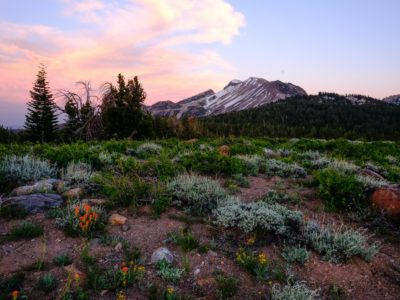
The National Science Foundation (NSF) recently announced ten new awards for its Critical Zone Collaborative Network (CZCN), and LTER sites will play a prominent role in four of them. The awards fund a wide range of investigations to better understand the ‘critical zone’, the area of our planet where water, air, soil, rock and living… Read more »
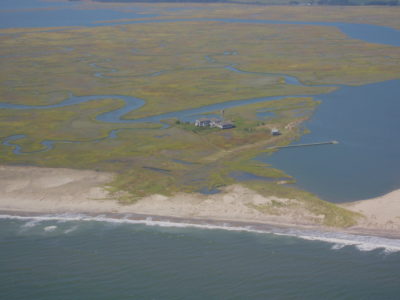
The frequency of large coastal storms and hurricanes is on the rise, impacting the biological services that wetlands and marshes provide. Modeling makes it possible to predict how future storms may affect these ecosystems, but accurately modeling widespread impacts of large storms like Hurricane Sandy, which bombarded much of the U.S. eastern shoreline, requires significant… Read more »
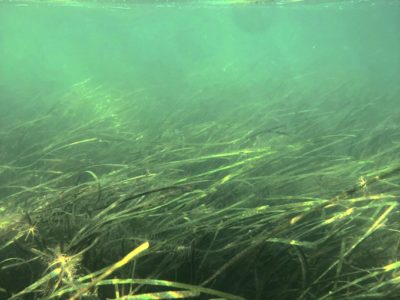
As anthropogenic carbon dioxide emissions continue to increase, scientists have now recognized seagrass meadows—which typically have high rates of carbon storage—as important ‘blue carbon’ sinks. However, rising ocean temperatures threaten seagrass meadows, along with their ability to retain carbon. This underlines the need for precise ecosystem data on the vulnerability and resilience of these meadows… Read more »
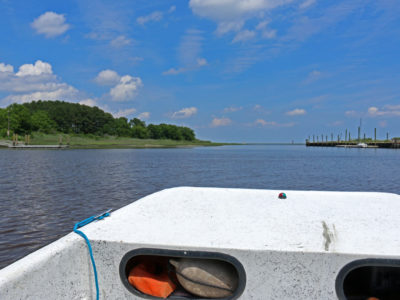
Exploring the Estuary The waters lapping against the shoreline marshes reflected bright blue sky above. I sat in the front of the Virginia Coast Reserve Long Term Ecological Research (VCR LTER) site’s boat, exploring the estuary with VCR LTER’s dedicated staff. The tall Spartina alternifora grasses waved in the breeze a foot or two above… Read more »